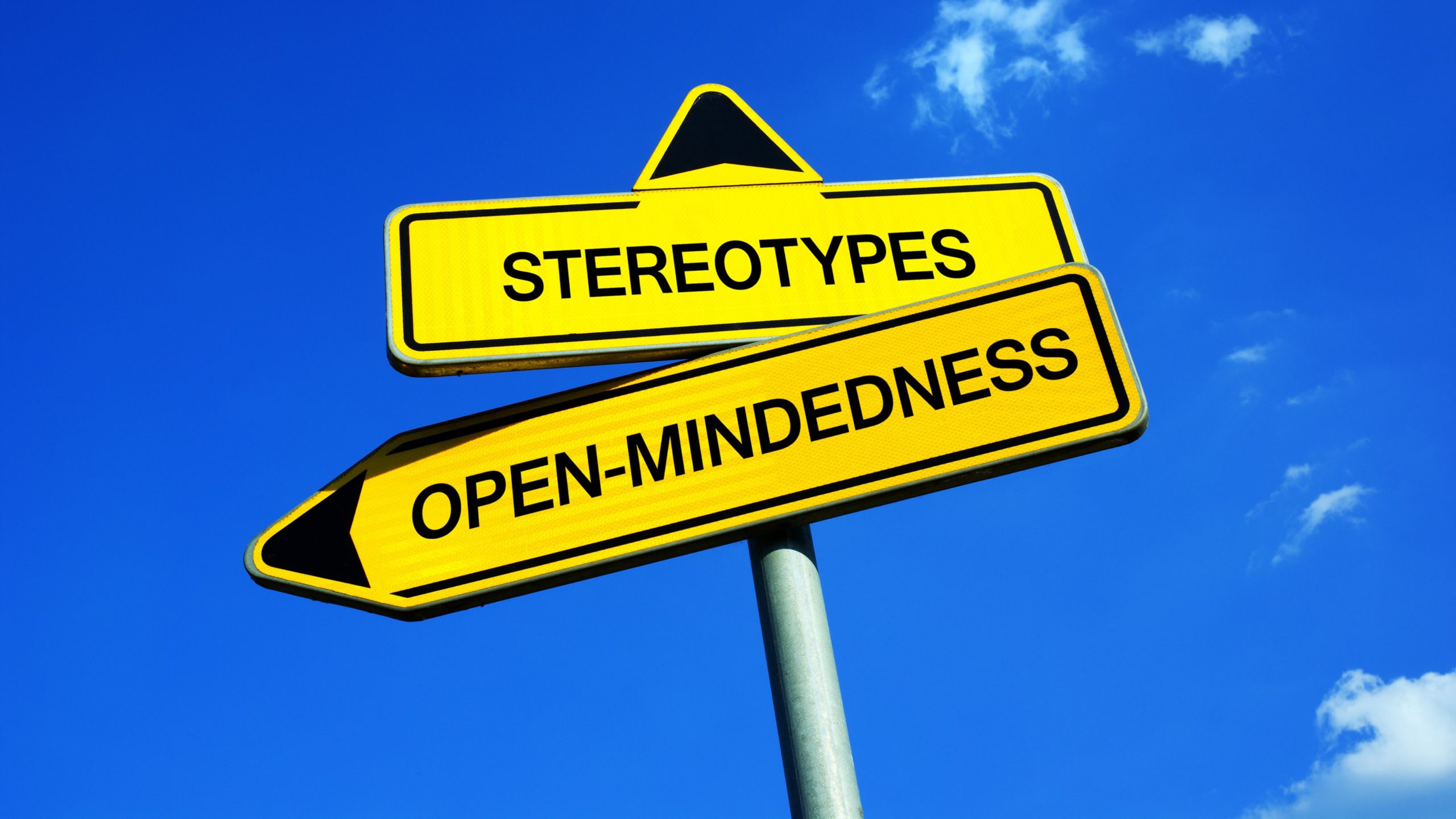Unilever revealed results from a three-year study that connects DNA analysis with a behavioral change workshop to broaden the way people see themselves and the world around them. Unilever’s Unstereotype initiative partnered with University College London (UCL) to test whether participants would be more open to questioning how they might inadvertently stereotype people, specifically in terms of gender bias, in advertising.
For the first part of the experiment, 60 Unilever advertising professionals provided UCL with a DNA sample and took a pre-assessment to measure the extent of their stereotypical thinking prior to receiving their DNA results. The idea was that the DNA testing process would prime the marketers to explore their own sense of identity, broadening the way they see themselves prior to the specialized workshop.
Challenging Your Perceptions
The workshop delved into how and when stereotypes are learned and the brain mechanisms that govern them. Marketers also discussed ways to challenge their own stereotypical thinking and start producing more progressive and inclusive creative work. When the UCL scientists retested the participants and a control group of marketers after the workshop, they found a 35% reduction in unconscious stereotyping of men and women among participants who had a meaningful shift in original thinking.
Dr. Lasana Harris, Associate Professor in Experimental Psychology explains, “While there are huge genetic similarities common to human beings, what is undeniable is that every single one of us has our own genetic profile. Taking people on a journey through their own DNA profile created a moment of reappraisal and, in many cases, that ancestral realization proved to be a great surprise to them. Coupled with training on how the brain forms stereotypes, we challenged their perceptions of themselves and, in turn, that of others.”
Unilever Reveals Blind Spots
At the Cannes Lions Festival this past June, Unilever announced the results of this unique study as well as a report card on the brand’s efforts to increase the progressive depiction of people in advertisements across 370 Unilever brands in 54 global markets. The research revealed an improvement in the character depictions of both men and women across some 1,500 ads tested. Characters portrayed as modern, confident, or independent lead to an average 16% lift in creative performance, yet Unilever currently only does this across 58% of its ads featuring females and 46% with males. Only 45% of pre-tested ads are seen as strongly progressive, according to UCL’s research.
“Becoming conscious of our blind spots, and the biases that are holding us back, is fundamental, but unconscious bias training has its limitations,” said Aline Santos, EVP of Global Marketing and Chief Diversity & Inclusion Officer at Unilever. “We’ve piloted this experimental approach and measured its impact because disruptive techniques and scientific methods will help us all to drive the action needed to be more progressive in our creative work.” The next phase in the initiative will broaden the focus beyond gender to increase representation and diverse character portrayals across age, disability, LGBTQ+, ethnicity, and other dimensions of identity that are often ignored in advertising.







